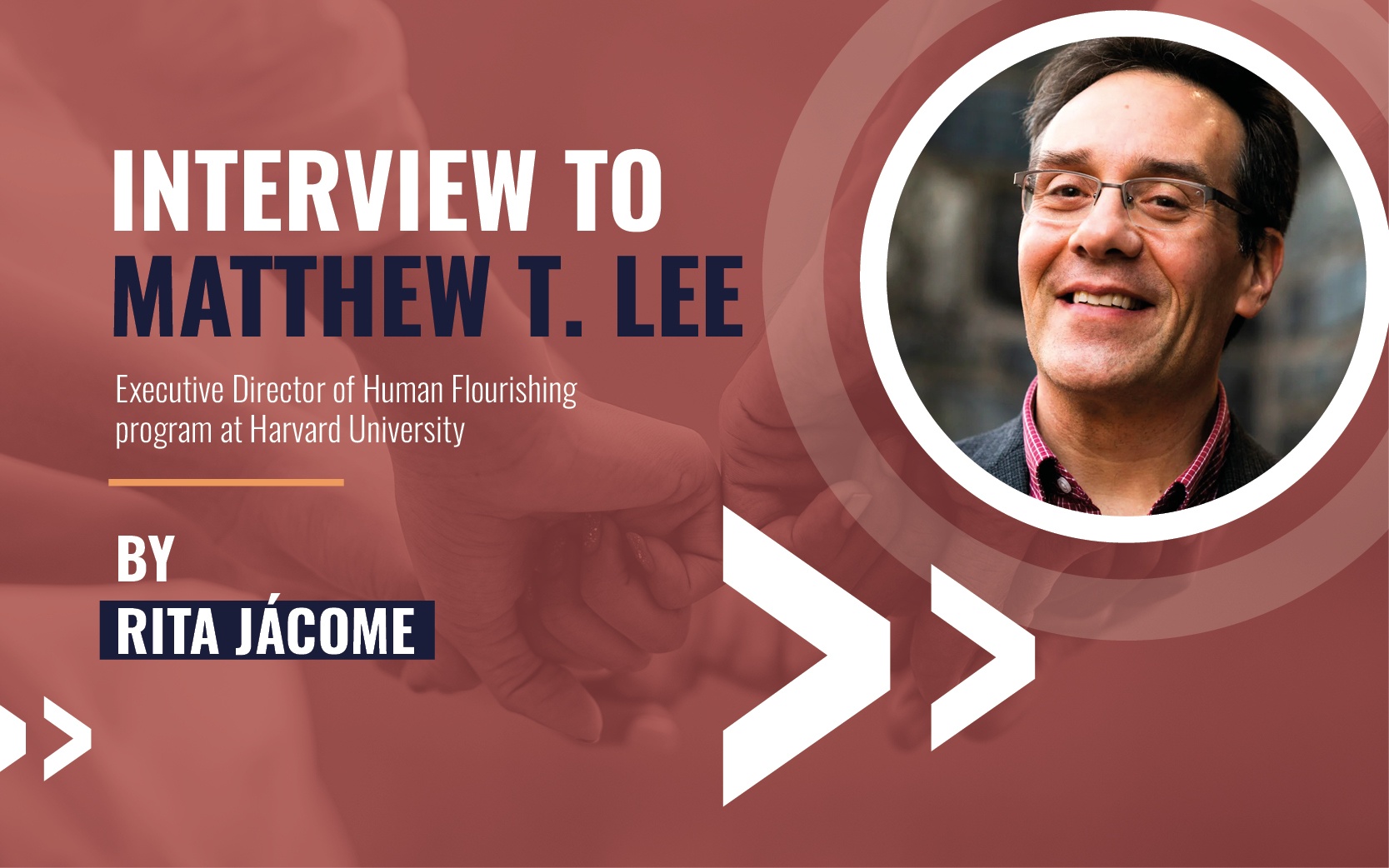Jan, 16th 2023
What are the main aspects you will talk about in your presentation in Madrid?
The point of my talk is to explore how a focus on flourishing, driven by a logic of love, enables humanistic leaders to co-create more effective organizations with organizational members, stakeholders, and the natural world. This seems a daunting task, but we can point to good role models and research findings that are supportive and encouraging. If we take “love” to be a concern with the good of the other, including the fostering of healthy ways of relating and encouraging growth, then we can understand why innovation in organizations might be associated with a logic of love. Organizational members who feel psychologically safe and understand flourishing as the deeper purpose of their organization’s specific products and services may be more committed to the organization, more engaged with their work, more satisfied with their work lives, and more effective in their work. Some organizations are more skillful than others in connecting with higher work motivations and purposes. This can be a competitive advantage in the labor market in which many of today’s workers are seeking much more than a paycheck.
What exactly is Humanistic Leadership?
It is helpful to distinguish leadership and management functions, with the former being about having a positive influence that might over time expand an organizations goals and aspirations, while the latter is more about efficient attainment of existing goals. The boundary between these ideas are somewhat blurry, but Humanistic Leadership adds content to the meaning of “positive influence” associated with leadership. As the Humanistic Leadership Academy explains it, Humanistic Leadership involves “a mission to transform [business and] business education to create leaders who honor individual dignity, demonstrate the courage to care for others, and work toward shared wellbeing on a healthy planet” (https://humanisticleadershipacademy.org/). In other words, the aim of such leadership is the promotion of deep flourishing for people and planet, with profit and other goals being a byproduct of following this North Star.
Which institutions are behind this trend?
We can see these principles in many business school courses, but it has perhaps not yet become fully mainstream there or in the business community. There are early adopters, such as Barry Wehmiller, Inc., which has made the creation of a caring culture combined with an effective business model the centerpiece of its growth strategy. The International Humanistic Association is bringing these principles to the business and business school sectors, and the newly established Humanistic Leadership Academy is carry the work forward as well.
Tell us about the Decalogue of Good Practices promoted by IECO and endorsed by the International Humanistic Management Association (IHMA). How do these measures differ from the corporate social responsibility already promoted by many organizations?
There is of course much overlap between the Decalogue and CSR principles, but where the latter can seem somewhat reductionistic and less-than-fully inspiring at times, the Decalogue connects very clearly with dignity, flourishing, and meaningful work in a manner that deeply inspiring. CSR can sometimes seem like basic compliance with minimal standards, and in fact critics say that CSR is often a public relations stunt that has not changed anything fundamental about extractive and harmful organizational processes. The Decalogue feels more like an energizing and motivating set of practices that connect with the depths of life and what it means to be fully human, including perhaps even religious and spiritual values and worldviews. We can see the Decalogue as a roadmap for living into a higher calling, for work as a vocation rather than merely a job or career. There are resources across religious and moral traditions that might unite seemingly opposed groups, and again, the logic of love leans us forward. Virtues can be understood as strategies of love aimed at excellence of character and conduct. If we tap into motivations grounded in healthy love.
Why do you think it is necessary to promote this Humanistic Management in companies?
We can create organizational cultures that truly promote a better world, if we have an appropriate North Star and agreed-upon set of practices that tap into higher human motivations. This may require quite a bit of restructuring within organizations if the flourishing North Star has been clouded by extraction and individually and collectively selfish practices.
It seems contradictory to talk about a slow or quiet reflection on the humanistic meaning of work in the century of the digital revolution and the culture of impatience and instant gratification. Could you tell us what feedback have you received from the companies and institutions when they listen to these ideas? What are the main challenges faced by organizations?
Speed as you described it is a problem because it can disconnect us from our best possible selves. I mentioned Barry Wehmiller, Inc. above. They have learned that slowing down to listen, celebrate together, and express gratitude for the care that is present their family of organizations is a very effective pathway to greater success. If we lose sight of why we are doing something, we tend to drift towards disengagement. Gallup surveys find that most workers throughout the world are indeed disengaged, with large numbers actively rowing in a direction that is opposite of what organizational leaders desire. Of the 3.3 billion people who want a great job, 3 billion do not have one and 75% are workers are not fully engaged in their work. That is a crisis that leads to massive stress-related health and mental health problems. The contemporary workplace is literally killing people. It is no surprise the heart attacks increase by 20% on Monday mornings. It does not have to be this way, as Barry Wehmiller is demonstrating. In other words, love is practical and it works in the real world.
What three pieces of advice would you give to the companies that want to implement Humanistic Leadership in their organizational culture?
- Clarify your motivations (This book can help: https://app.iecoinstitute.org/resources/),
- Explore what flourishing might mean in your organization and how to start walking in this direction (Florens Collective can help, https://www.florenscollective.com/),
- Seek out the role models who have already made substantial progress in this direction (e.g., Barry Wehmiller: https://www.barrywehmiller.com/).


